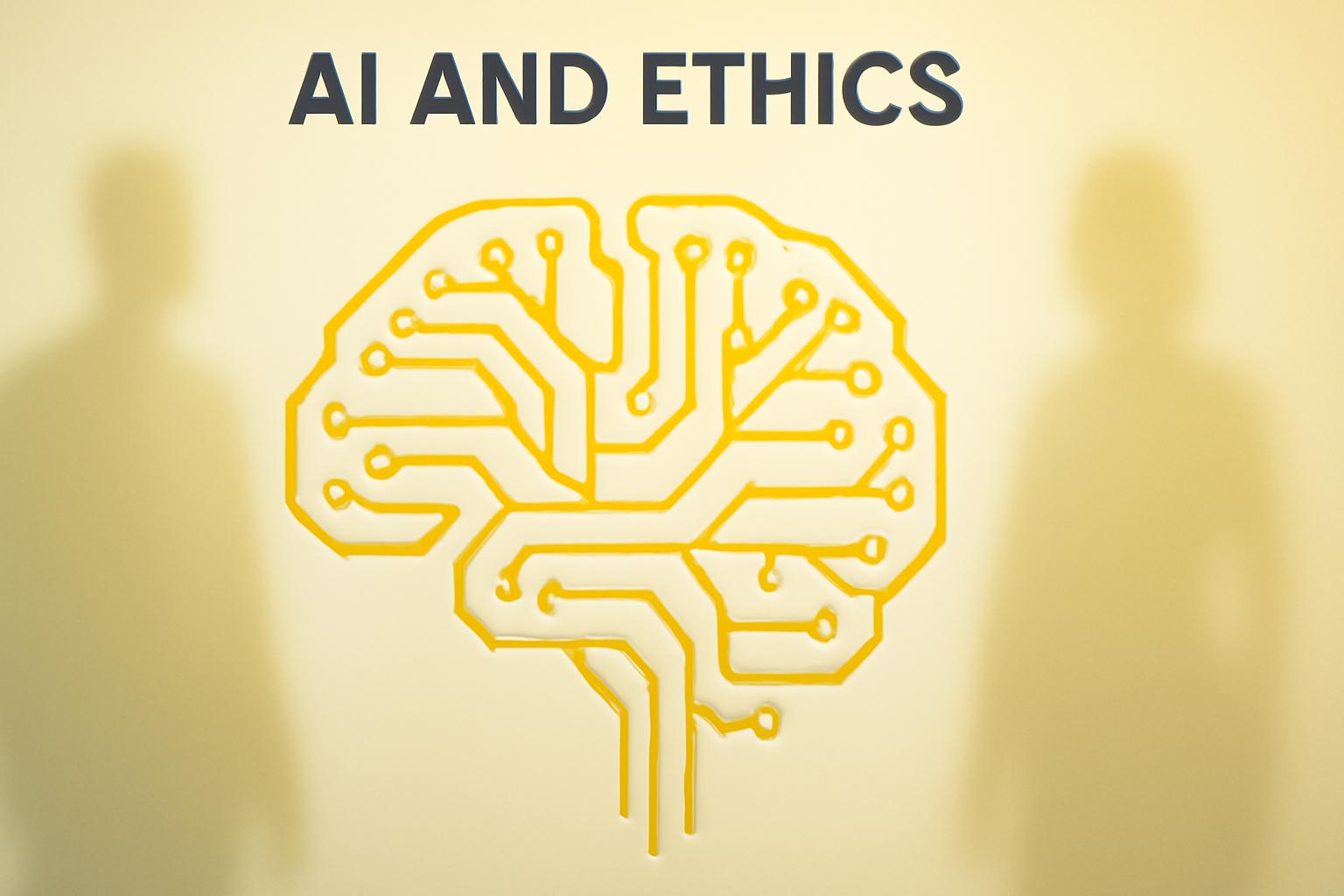OpenAI CEO Sam Altman Addresses Ethical Challenges in AI
In an extensive interview with Tucker Carlson, OpenAI CEO Sam Altman candidly discussed the complex ethical and moral issues surrounding ChatGPT, the company’s widely used generative AI model. Altman acknowledged the heavy responsibility he feels as millions of users interact daily with the AI, revealing that these concerns often disrupt his sleep.
Suicide Prevention and Legal Challenges
The most pressing issue for OpenAI currently is how ChatGPT handles conversations about suicide. Altman referenced a recent lawsuit filed by the family of Adam Raine, a 16-year-old who died by suicide, alleging that ChatGPT assisted in exploring methods. Altman admitted that despite the high number of users discussing suicide weekly, the AI likely failed to provide adequate intervention or guidance.
“Maybe we could have said something better,” Altman reflected, underscoring OpenAI’s commitment to refining ChatGPT’s responses in sensitive scenarios. The company has since announced plans to enhance its technology to better support vulnerable individuals.
Establishing Ethical Boundaries
Altman elaborated on the process of defining ChatGPT’s ethical framework, explaining that the AI’s base model draws from humanity’s collective knowledge but requires alignment on acceptable behaviors. This involves determining which queries the chatbot should refuse, such as those related to creating biological weapons.
“We have consulted hundreds of moral philosophers and ethicists,” Altman said, recognizing the challenge in balancing user freedom with societal interests. He conceded that OpenAI might not always get these decisions right and emphasized the importance of ongoing global input.
Privacy and Confidentiality Concerns
Addressing fears about AI enabling authoritarian control, Altman championed the concept of “AI privilege,” proposing that conversations with AI should be protected similarly to doctor-patient or lawyer-client confidentiality. Currently, U.S. authorities can subpoena user data, but Altman is optimistic about persuading lawmakers to enshrine stronger privacy protections for AI interactions.
Military Applications and Power Dynamics
When questioned about ChatGPT’s potential military use, Altman was noncommittal, acknowledging that while he does not know precisely how the military employs the technology, it is likely being used for advisory purposes. OpenAI has received a $200 million contract from the U.S. Department of Defense to develop AI tools for national security.
Responding to concerns about AI consolidating power, Altman expressed a shift in perspective, viewing AI as a democratizing force that enhances capabilities across society. However, he also warned of significant job displacement in the near term due to AI advancements.
As OpenAI navigates these ethical, legal, and societal challenges, Altman’s reflections highlight the evolving responsibilities faced by AI developers and the urgent need for thoughtful governance.
FinOracleAI — Market View
Altman’s candid discussion of OpenAI’s ethical challenges and ongoing improvements signals a proactive approach to mitigating reputational and regulatory risks. The lawsuit over ChatGPT’s role in a suicide case introduces legal uncertainties that could influence public and governmental scrutiny.
Advocacy for AI privacy protections may bolster user trust but faces legislative hurdles. The company’s military contract underscores strategic importance but raises ethical and geopolitical considerations.
Investors should monitor regulatory developments, legal outcomes, and public sentiment around AI ethics and privacy, which will be key drivers of OpenAI’s market positioning in the near term.
Impact: neutral













